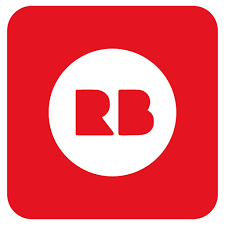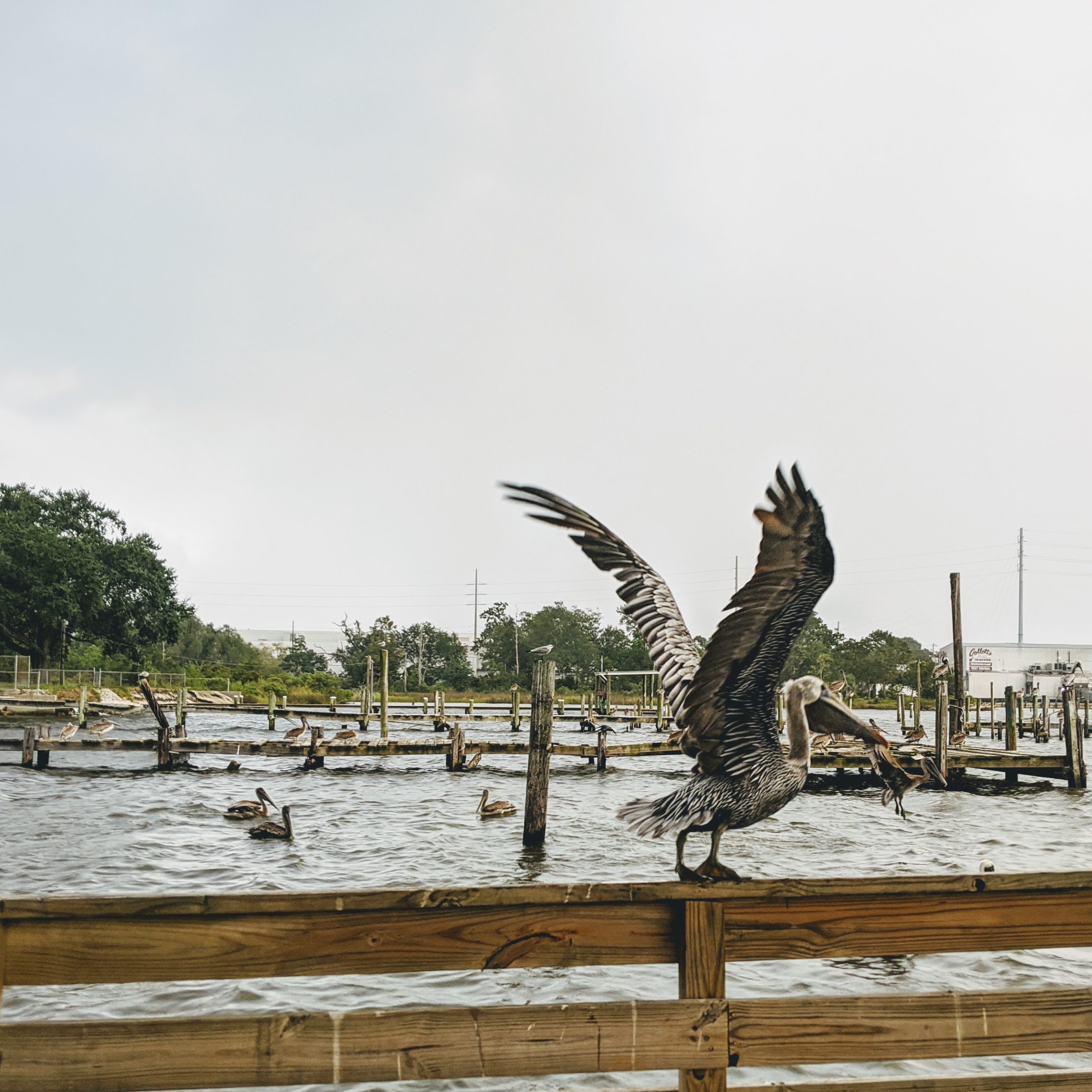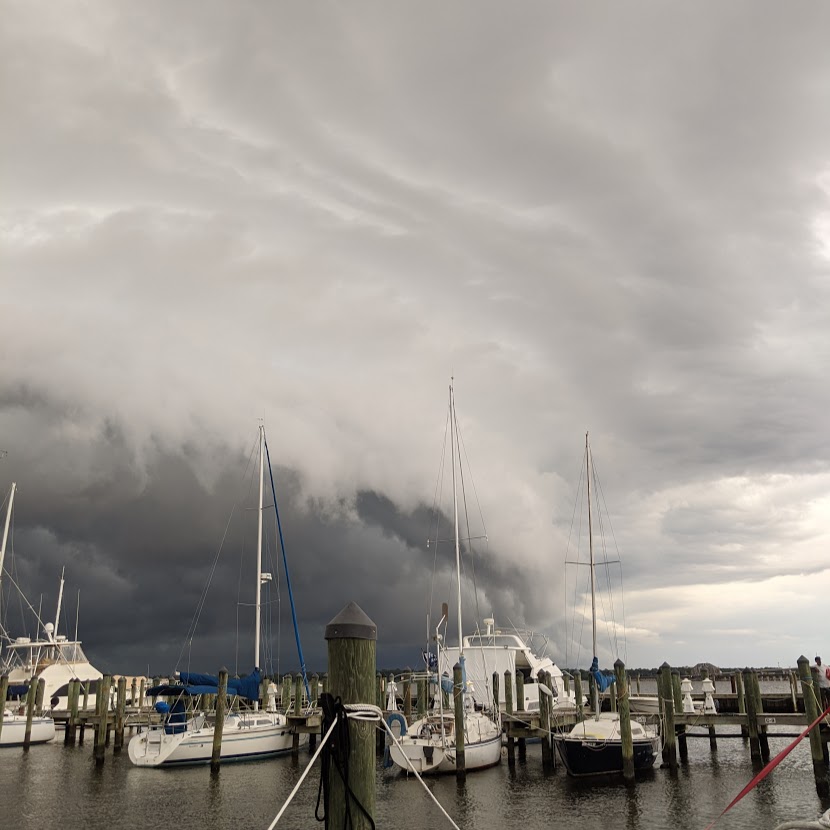“I didn’t even know that you knew how to sail!”
I’ve heard this a lot over the past few months. There’s a reason you didn’t know that I know how to sail. I don’t. And I haven’t. And I’ve got not the foggiest idea about any of it (other than what I’ve learned from watching Pirates of the Caribbean).
But…
I’ve got confidence in my ability to learn new things and adapt to new situations. I’ve been a single mom and a public school teacher in America. In other words, I’m a problem-solver. That gives me range as a human.
I have to suspect at least a few of my ancestors taught themselves how to sail without the benefit of sailing classes at the local marina, online videos, and a million publications on the subject. I’ve got a distinct advantage over those guys, and I’m committed to the idea that there are very few skills that can’t be learned with research, practice, and guidance from expert mentors.
Why do I bring this up?
Because I think we all need to be constantly reminded of our innate capacity to learn new things in order to thrive in changing environments. If you’re alive today, it’s because most of your ancestors were adept, flexible learners. (Some of them were probably morons who bred early and died young, too, so don’t get too cocky.)
Too often, we don’t do the thing that we want to do just because we don’t know how. One (ONE) of my gripes with American education is that we spend more time, energy, and resources on teaching than on learning. We don’t bother to build students’ confidence in their own ability to master new skills and subjects independently. We spend too much energy delivering the message that learning is something you do for tests, it’s something that happens under rigorous conditions in sterile classroom settings in order to fulfill mandated directives in an orderly fashion.
But learning isn’t something that you do for a test, and the best learning – the learning that you can really use, the learning that sticks – definitely doesn’t come from sterile, orderly circumstances. It comes from taking chances and making mistakes. It’s something that you do for yourself.
Challenging yourself to constantly learn new and even terrifying things gives you an advantage – not over other people, over your old self. It empowers you to take measured risks and to say yes to unexpected opportunities.
All I’m saying is: if you think, “Man, I’d love to sail around the world, but I don’t know the first thing about sailing,” start learning. As a human, it’s what you’re best equipped to do.






Leave A Comment